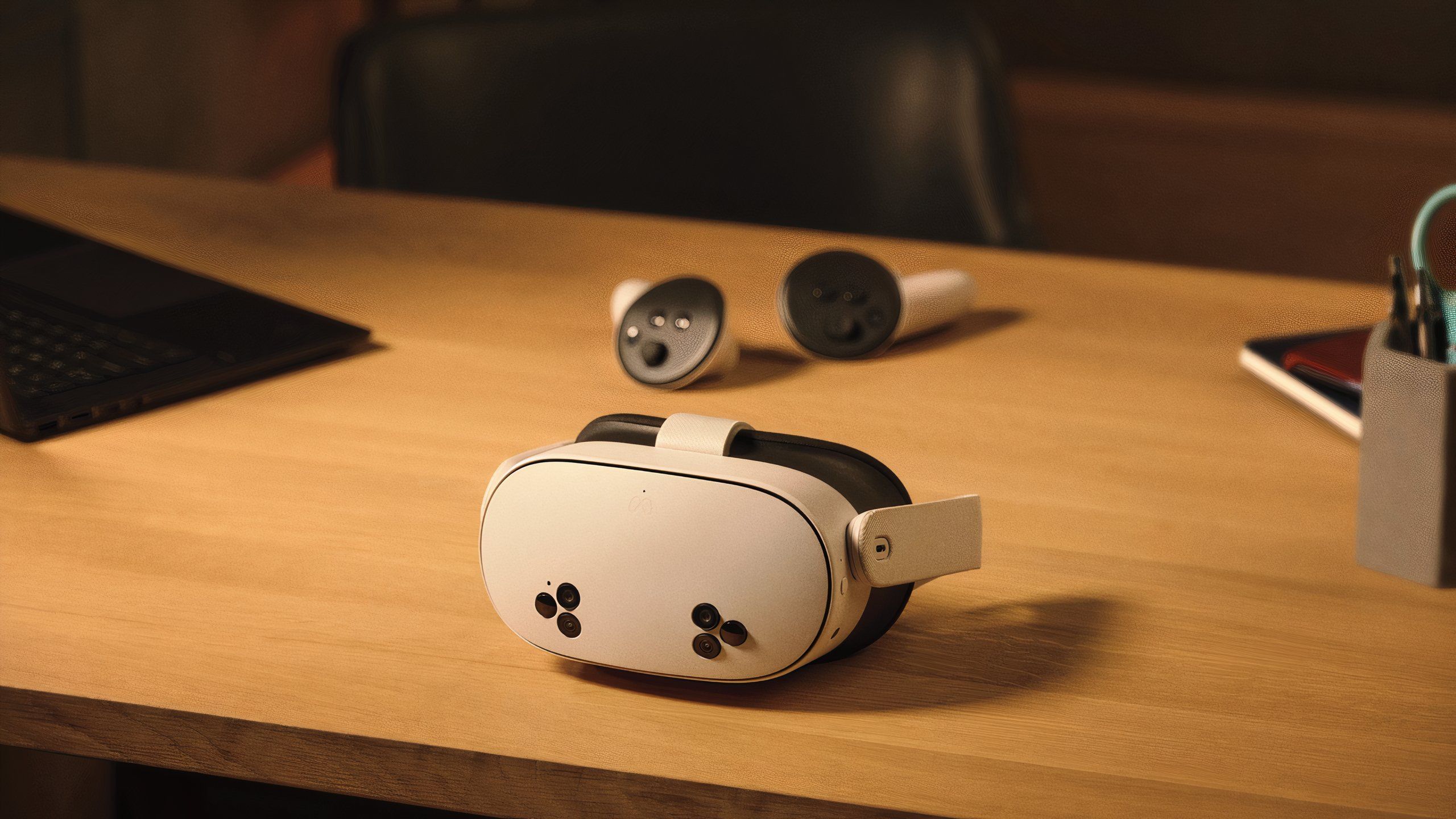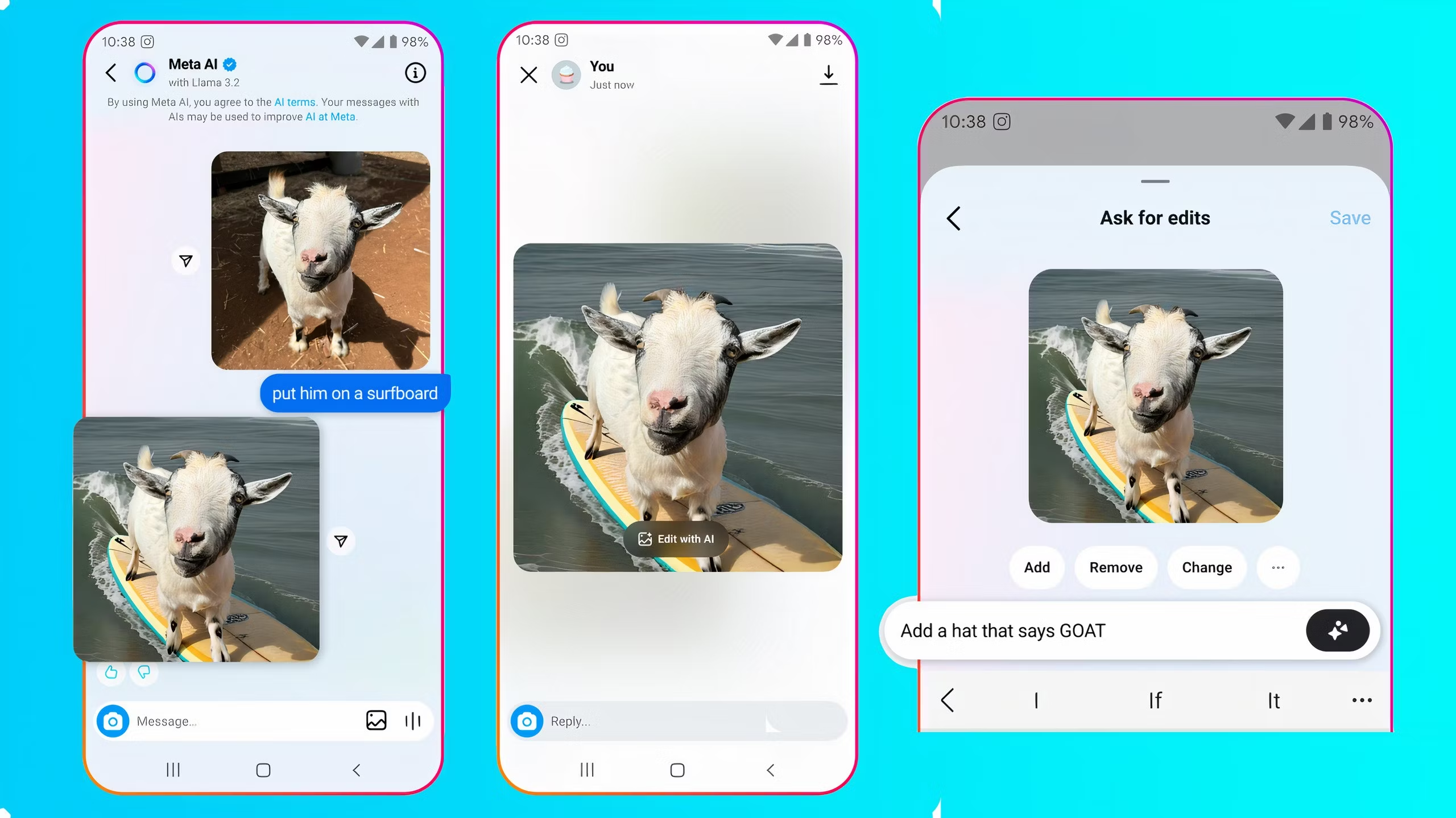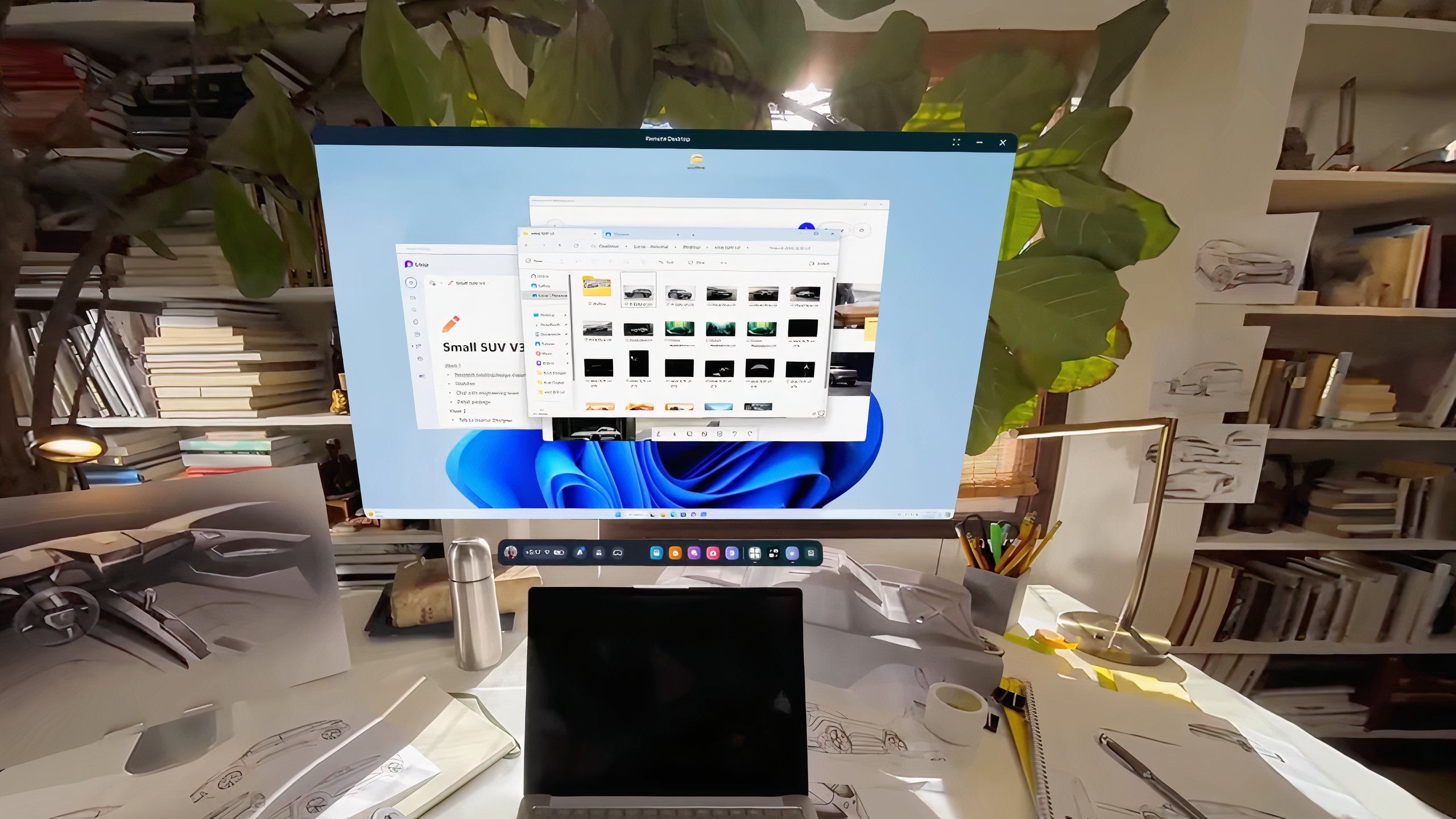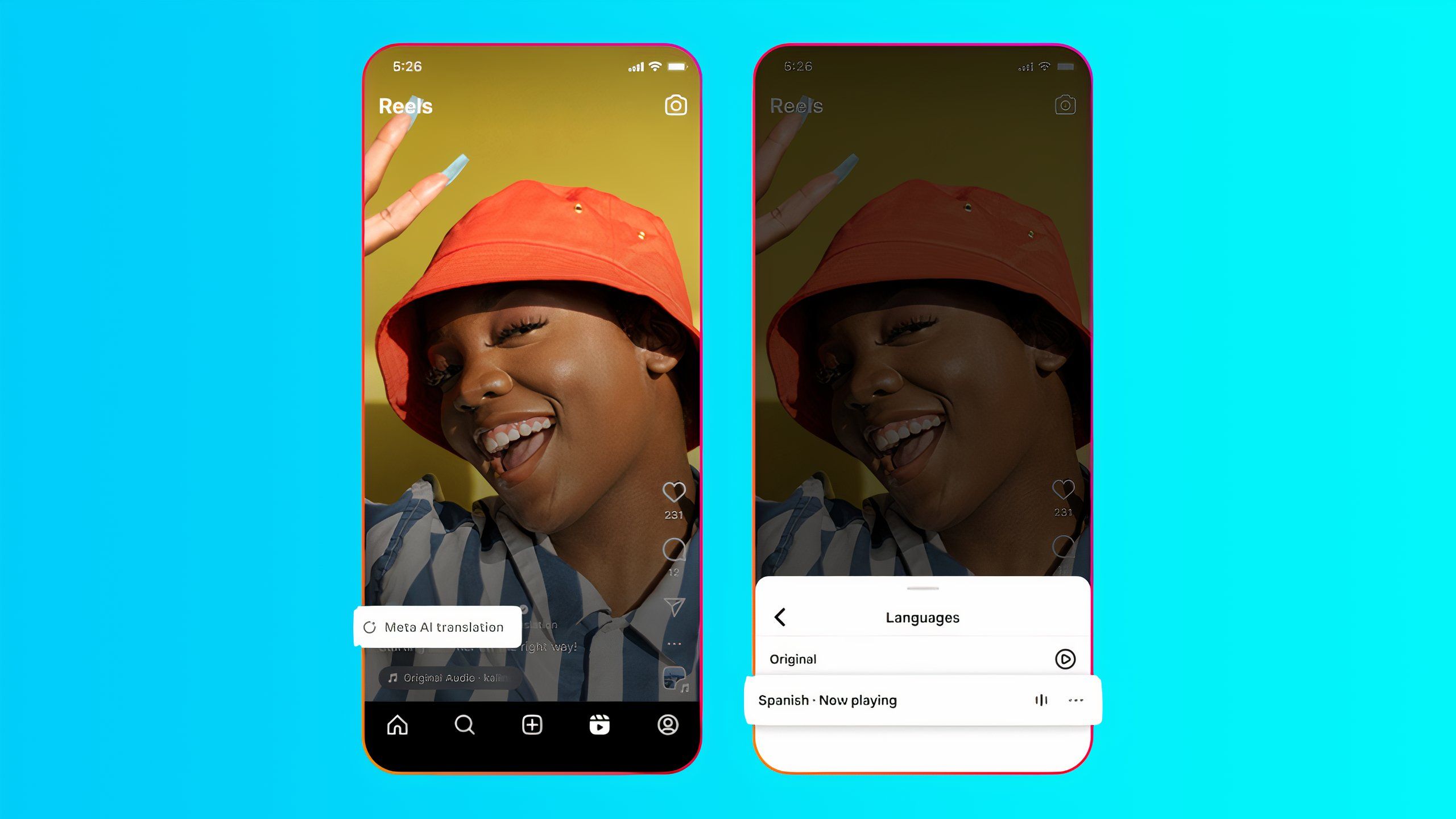Key Takeaways
- Meta’s Quest 3S is its new budget VR headset, replacing Quest 2 at $299.99.
- Orion is Meta’s first working AR glasses, using holographic displays and an EMG wristband.
- Meta AI is getting new photo editing features and the ability to answer responses with a selection of celebrity voices.
Meta, much like every company in 2024, has reorganized its products around the promise of generative AI, and what’s most surprising about what the company announced at Meta Connect 2024, is that the plan might actually work. Virtual reality and the metaverse were the name of the game only a year or two ago, and Meta CEO Mark Zuckerberg still paid lip service to his vision for a spatial internet, but the glue that now ties everything together is Meta AI, not VR headsets.
That’s not to say that virtual and augmented reality didn’t get their time to shine at the company’s. Meta not only announced a new VR headset, but it also teased its first real pair of AR glasses, alongside introducing a host of new features coming to the Ray-Ban Meta Smart Glasses, apps like Instagram, and Meta AI in the next year. Here’s the biggest announcement from Meta Connect.
1 Meta’s Quest 3S is a new entry-level VR headset
The Quest 2 is being replaced by a cheaper headset that’s a mix of old and new
Meta / Pocket-lint
The is Meta’s new affordable VR headset, replacing the ultra-popular Quest 2, and carrying over some of the improvements of the Quest 3 in the process. Besides a new, boxy, bug-like look, the headset uses the Qualcomm Snapdragon XR2 chip, which means it should run the same apps and games as the Quest 3, now at a more approachable $299.99 price. It also includes color passthrough cameras for mixed reality experiences, and support for the sleeker Touch Plus controllers that came packed in with the Quest 3.
Meta is also using the Quest 3S to introduce new versions of Instagram, Facebook, and YouTube that are better designed for the company’s Horizon operating system. The Quest 3S starts at $299.99 with 128GB of storage, and you can upgrade to 256GB of storage for $399.99. The headset is available for pre-order now and will start shipping on Oct.15th. Pre-orders of the new headset also include Batman: Arkham Shadow, a first-person Batman game set in the Arkham Universe.
The long-rumored augmented reality glasses aren’t going to be sold
After a lot of leaks and speculation, Meta showed off its first attempt at augmented reality glasses at Connect 2024. It calls them Orion, they have a holographic display that you control with hand gestures and a new EMG wristband, and their frame is built from magnesium. The glasses function on their own thanks to a wireless compute puck (it’s more like a large battery pack you have to carry in your pocket) and can display videos, answer calls, and respond to messages on Meta’s various platforms. The company also demonstrated an AR version of Pong, which suggests the glasses could be used for games, much like Meta’s VR headsets.
The glasses function on their own thanks to a wireless compute puck (it’s more like a large battery pack you have to carry in your pocket) and can display videos, answer calls, and respond to messages on Meta’s various platforms.
Meta doesn’t intend to sell Orion yet because it still thinks it can improve its holographic displays (a combination of projectors and waveguide lenses), making them cheaper to produce and better looking. The field of view is wider than many other AR products at 70-degrees, but the images Meta showed still seemed somewhat dim and low-resolution. Still, the demo is an impressive indication of what could be possible in a few years, and at the very least, what the company learned from designing Orion could trickle down into more affordable wearables like its smart glasses.
Llama 3.2 can understand images and text together
Meta / Pocket-lint
Meta is updating its open-source AI model and Meta AI with the ability to understand images and text together. That means you can upload an image and ask questions about it, and also let Meta AI edit photos inside apps like Instagram, Messenger, and WhatsApp. These improvements will carry over to other Meta devices that support Meta AI, including future pairs of smart glasses and VR headsets.
Meta AI is also getting support for voice, both voice inputs from users and the ability to respond to your request in a selection of artificial voices, including some that sound like celebrities. Meta is partnering with celebrities like Dame Judi Dench, John Cena, and Awkwafina, and plans on offering their voices as possible ways Meta AI can sound. Based on the demo Zuckerberg led onstage, it’s not nearly as natural as what OpenAI is currently offering, but Meta is including it for free, while the Advanced Voice Mode in ChatGPT costs $20 per month.
4 Quest headsets will be able to act as an external display for Windows PCs
It’s clearly inspired by the Vision Pro’s ability to connect to Macs
Meta / Pocket-lint
Quest headsets can already act as an extra monitor for your PC either wirelessly or over an HDMI connection, but now Meta is making it even simpler. In a planned future update, the company says you’ll be able to look at the keyboard of any Windows laptop, virtually tap on a pairing button, and instantly create a virtual monitor that you can resize and move around the room. You can also create multiple monitors, letting you recreate a multiple monitor setup with a single Quest headset.
Meta offered no date as to when the feature would be available, but if the feature seems familiar, it’s because it’s one of a few skills that made the Vision Pro unique. Apple’s VR headset lets you look at any Mac and pair with it in a pinch, letting you create a resizable digital monitor that will even become an ultra-wide monitor as part of a future visionOS 2 update. It’s not clear if this new remote desktop feature will be exclusive to Windows machines, but it will certainly keep the Quest competitive if it ships.
Meta has big plans for how creators will use AI
Meta / Pocket-lint
One of Meta’s big pitches for AI is that it can make the job of using social media professionally easier for the creators and businesses on its platforms. The company has already started rolling out AI Studio, a tool that lets creators create chatbots of themselves that can respond to fans, and at Connect, Meta teased the ability to create lifelike 3D avatars that can take video calls with fans. The feature is entirely driven by Meta AI, but doesn’t have a release date.
Meta also hopes to have Meta AI automatically dubb videos on its social platforms so they’ll be able to be watched in any language. These dubs sound like the creators they’re translating and Meta’s AI system will also subtly adjust the video itself to match the speech of the dubbed voice. The translation wasn’t perfect, but the final result was surprisingly lifelike.
Meta showed off new skills and a new clear version of its smart glasses
Besides showing off a new clear version of the ray-Ban Meta Smart Glasses, Meta announced several new features for its wearable, including deep integration with third-party apps like Audible and Spotify for controlling playback, and presumably playing specific audiobooks or playlists. The multimodal updates are making their way to smart glasses as well. You’ll be able to ask your Ray-Ban Meta Smart Glasses to scan QR codes, call numbers listed on a poster, and more. Meta is also trying to make the process of talking to Meta AI easier. You’ll no longer have to direct your glasses to “look” at something specific to include it in a prompt and follow-up requests won’t need “Hey Meta” attached to them to be registered.
The Ray-Ban Meta Smart Glasses already have an Apple Music integration.
Zuckerberg also demonstrated a live translation feature that would automatically detect someone speaking to you in another language and translate, reading off what someone said in your native language and then translating it out loud when you respond. The Ray-Ban Meta Smart Glasses will also be able to “remember” things that you show it, like your parking spot number or a specific product you want to purchase later.
Credit : Source Post






